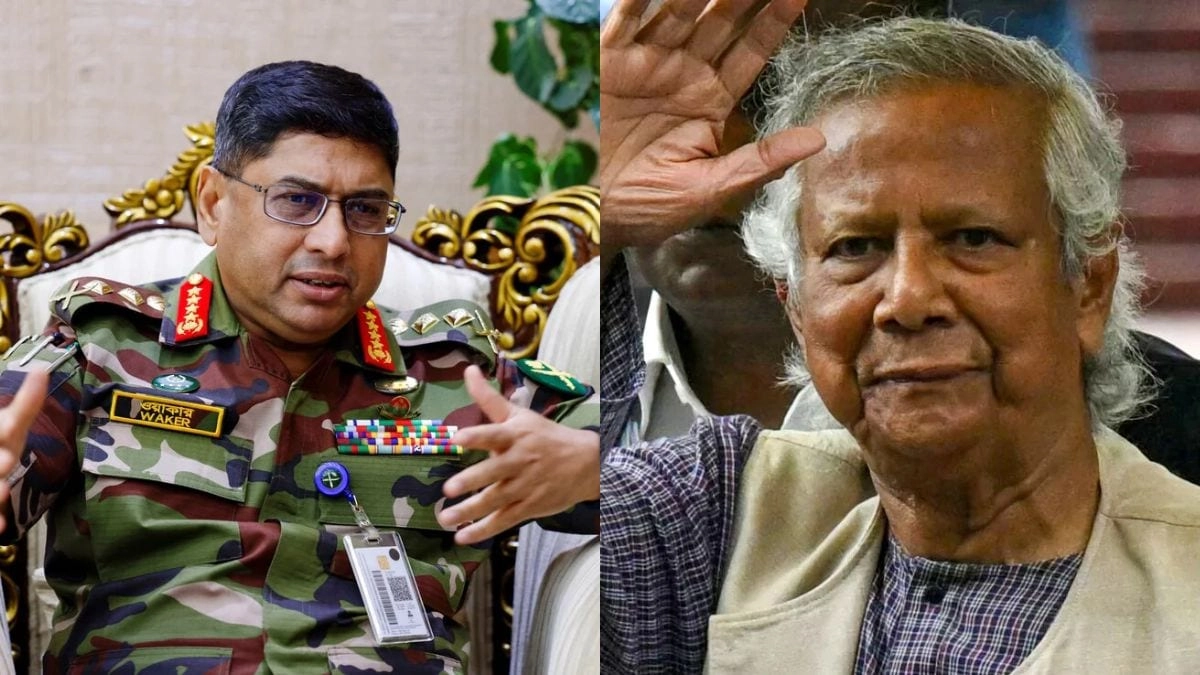The relationship between Muhammad Yunus, the Nobel laureate and founder of Grameen Bank, and the Bangladesh Army Chief has been marked by increasing tension in recent years. Yunus, renowned for his pioneering work in microfinance and social entrepreneurship, has often been a vocal critic of government policies and military influence in civilian affairs. This dynamic has brought him into conflict with the military establishment, particularly as the army has grown more influential in politics and governance in Bangladesh. The rift between these two prominent figures symbolizes a broader struggle between civil society and military power in the nation.
Yunus’s commitment to social development and economic empowerment through innovative financial solutions has earned him global accolades, yet it has also placed him at odds with the Bangladeshi government, which perceives his independent stance as a challenge to its authority. The army, historically a significant player in Bangladeshi politics, has increasingly viewed Yunus as a potential threat to its interests. This situation has escalated tensions, with Yunus facing legal and political obstacles that many believe are orchestrated to undermine his influence and detract from his contributions to society.
The implications of this rift extend beyond personal animosities; they reflect a deeper societal struggle regarding the role of military power in governance and the autonomy of civil society. As Yunus continues to advocate for democratic principles and social justice, the military’s stance may further entrench a culture of suppression against dissenting voices. Observers of Bangladeshi politics are keenly watching this unfolding conflict, as it may have significant ramifications for the country’s democratic future and the empowerment of its citizens.
In light of these developments, it is crucial for stakeholders, including international organizations and civil society groups, to support a dialogue between these conflicting forces. A collaborative approach could pave the way for a more balanced relationship between military influence and civil rights, fostering an environment where innovative ideas like Yunus’s can thrive without the shadow of repression. The ongoing rift serves as a reminder of the challenges faced by individuals advocating for social change in the face of powerful institutions, emphasizing the need for resilience and unity within civil society.




